INTERVIEWS
Holy O’Hara
Interviewer: Marcela Torres Molano
Language of interview: English
Country of practice: United States
Profession: Restorative Justice facilitator
Holy O’Hara is a restorative justice facilitator at “Precious Blood Ministry of Reconciliation”, a non-profit organisation based in Chicago that works on extending restorative justice practices to a philosophy of “radical hospitality”. Precious Blood is based on a holistic restoration approach that aims to foster collective trauma healing by providing services to the community such as transitional housing after incarceration, emergency housing, and restorative practices for different audiences. According to O’Hara, it is vital for restorative justice to go further than healing circles in order to enhance community building and foster welcoming and safe environments.
During our conversation, O’Hara talks about Precious Blood’s approach to restorative spaces including their community houses, their circle rooms, the peace-building labyrinth, and other outdoors areas for reconciliation. She describes Precious Blood’s main space as a repurposed, old school building, with large spaces for community gathering, a kitchen for food sharing, a multicultural circle room with a central meaningful space, diverse rooms for education purposes, a music media lab, and an art studio. O’Hara highlights how these different spatial approaches allow for creativity and stories to be told in several ways, and explains how community members are invited to intervene in the spaces, and make the building their own through artworks.
Further, O’Hara explains how the organisation has been dreaming of creating a perfect space for restorative justice that includes open and dignifying spaces according to the community needs. A place that allows communities to grow and have opportunities for healing, education, exercise, art, communication, and services provision. She focuses on how the ideal space should be a product of community work and their desires, that should include all kinds of traditions and cultures, and should foster non-hierarchical relations, and a sense of belonging and safety.
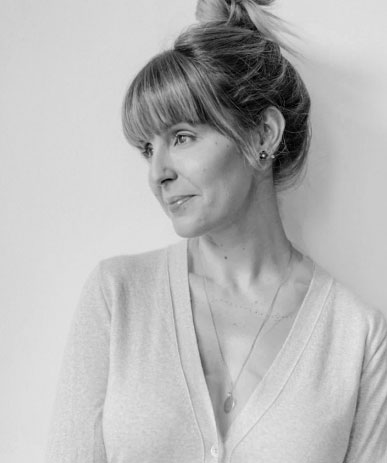
is an author, speaker, columnist, and podcaster in the fields of architecture and decorative arts. She is completing her MA in Art History at Concordia University, Montréal, and holds a Bachelor of Commerce with a major in Marketing from John Molson School of Business. She studied Industrial Psychology in Los Angeles, California. Sicotte is the author of two published books on design (2015, 2018) published by Les Éditions Cardinal.
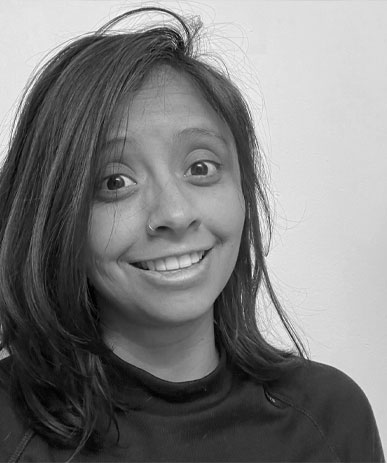
is a Colombian PhD candidate in the Department of Art History at Concordia University. She has a background in architectural design and community activism and holds a master’s degree in Building and Urban Design from the Bartlett School of Architecture in London, England. Her interests focus on socially-engaged art, social movements, collaborative activism in post-conflict scenarios, collectively-produced art, and art produced in relation to the built environment.
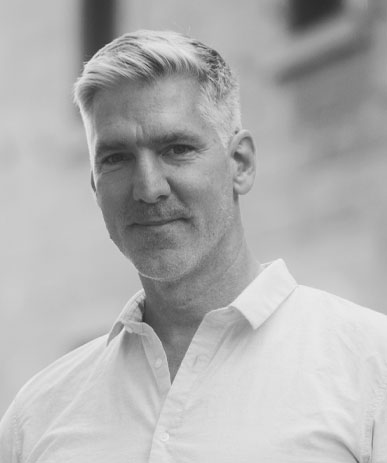
is a PhD candidate in Humanities at Concordia University. His research focuses on spatial agency, social aesthetics, youth narratives, and graphic representations of urban memory. He has published on the relationship between children, play, and public space in Cartagena, Colombia. He has also worked as an editor on literary projects, including Territorio Fértil, which received the María Nelly Murillo Hinestroza award for Afro-Colombian literature.
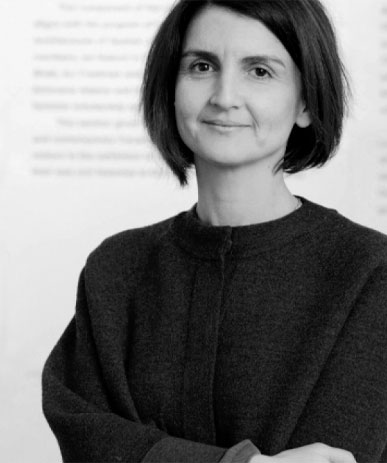
is Associate Professor and Canada Research Chair in Architectures of Spatial Justice (Tier 2) at the Peter Guo-hua Fu School of Architecture at McGill University, Montréal, Québec, Canada. Her research interests include low-income housing and participatory design, civil protest and urban design, and campus landscapes and race. Her publications include the co-edited book, Orienting Istanbul (2010) and solo-authored book, Istanbul Open City (2018).
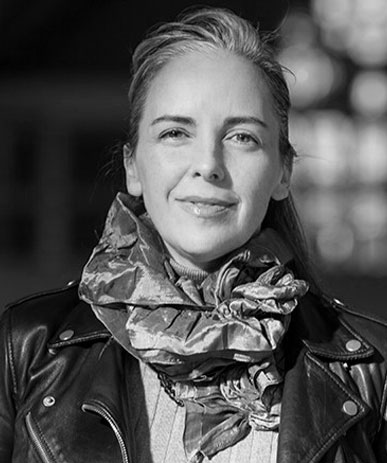
is an artist and a professor of Art History at Concordia University. Her work focuses on women and the history of the built environment, urban landscapes, research-creation, and oral history. She has published on the spatial history of the suffrage movement, public art, gardens, and the politics of urban change. In addition to her research on the spaces of restorative and transitional justice, she is leading an oral history project on the urban memories of diverse Montrealers.
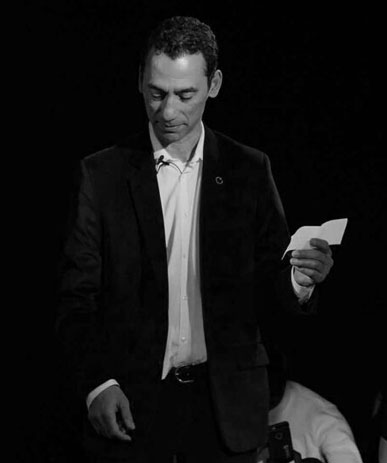
is Associate Professor in the Department of Theatre at Concordia University, Montreal (Quebec, Canada). He is also the second co-director of Concordia’s Centre for Oral History and Digital Storytelling. His latest publications explore listening in the context of post-conflict performances of memory. For instance, see ‘Facilitating voicing and listening in the context of post-conflict performances of memory. The Colombian scenario.’ In: De Nardi, S., Orange, H., et al. Routledge Handbook of Memoryscapes. Routledge: London. (2019), and his article ‘Not being able to speak is torture: performing listening to painful narratives’. International Journal of Transitional Justice, Special Issue Creative Approaches to Transitional Justice: Contributions of Arts and Culture. (March, 2020)